On August 11, 1560 in Celtic History
Latin mass prohibited in scotland by parliament as protestant faith gained the ascendancy.
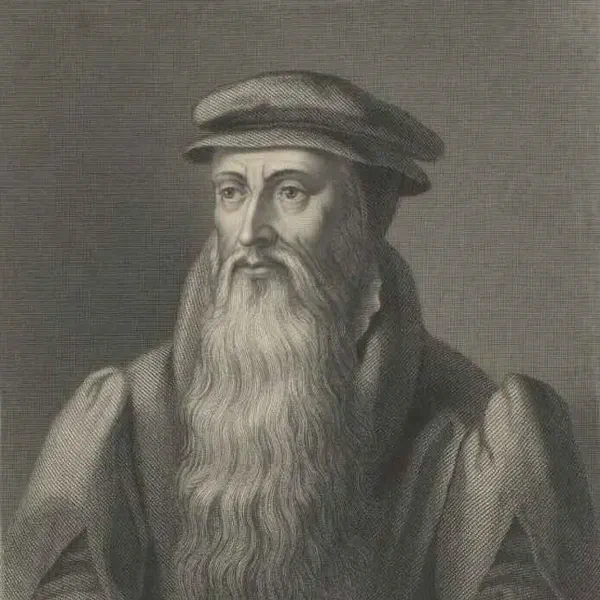
John Knox (1505, 1513 or 1514 ? 1572) was a Scottish religious reformer who played the lead part in reforming the Church in Scotland in a Presbyterian manner. The Scottish Reformation, initiated in 1560 and led by John Knox, was Calvinist, and throughout the 17th and 18th centuries, the Church of Scotland maintained a strict theology and kept a tight control over the morality of the population.
Knox negotiated with the English government to secure its support, and he approved of the declaration of the lords of his party in Oct., 1559, suspending their allegiance to the regent. The death of the latter in June, 1560, opened the way to a cessation of hostilities and an agreement leaving the settlement of ecclesiastical questions to the Scottish estates. The doctrine, worship, and government of the Roman Church were overthrown by the parliament of 1560 and Protestantism was established as the national religion. Knox, assisted by five other ministers, formulated the confession of faith adopted at this time and drew up the constitution of the new Church ? the First Book of Discipline.
The Church of Scotland (sometimes referred to as The Kirk) is the national church, though it is not established and therefore is not subject to state control. It differs from the Church of England in that it has a Presbyterian form of church governance. The Scots are proud of the fact that the Scottish Reformation took place at a grassroots level, unlike the English experience, where the Reformation, at least in its first thrust under Henry VIII, was a politically motivated top-down reform.
The term Protestant originally applied to the group of princes and imperial cities who protested the decision by the 1529 Diet of Speyer to reverse course and enforce the 1521 Edict of Worms. The 1521 edict forbade Lutheran teachings within the Holy Roman Empire. The 1526 session of the Diet had agreed to toleration of Lutheran teachings (on the basis of Cuius regio, eius religio) until a General Council could be held to settle the question, but by 1529 the Catholic forces felt they had gathered enough power to end the toleration without waiting for a Council.
In a broader sense of the word, Protestant began to be used as the collective name for a sudden movement of separation from the Roman Catholic Church, the beginning of which is ordinarily connected with the public disputes raised by Martin Luther. Later, John Calvin, French theologian of the Swiss, Zwinglian, Reformed churches, figured prominently in a movement that embraced a wider, more international diversity of churches. A third major branch of the Reformation, which encountered conflict with the Catholics, as well as with the Lutherans and the Reformed, is sometimes called the Radical Reformation. Some Western, non-Catholic, groups are labeled as Protestant (such as Quakers, for example), even if the sect acknowledges no historical connection to Luther, Calvin or the Roman Catholic Church.
More From This Day

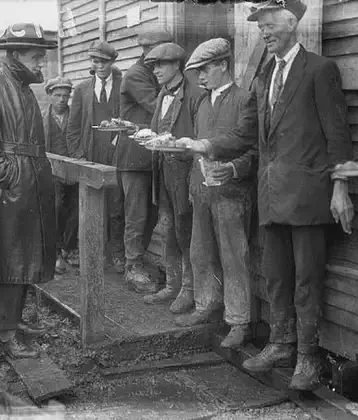
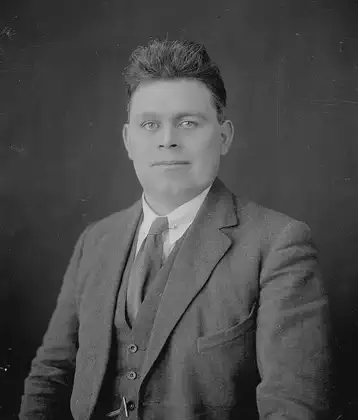
Dan Breen, nationalist revolutionary and politician, is born near Soloheadbeg, Co. Tipperary
August 11, 1894
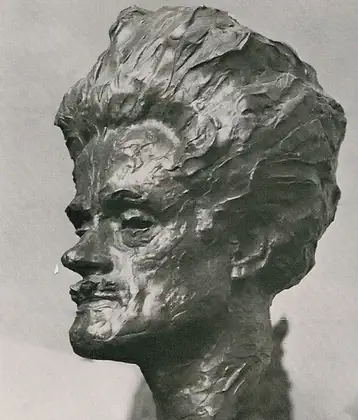
Author and poet C M Grieve (Hugh MacDiarmid) born at Langholm, Dumfriesshire.
August 11, 1892
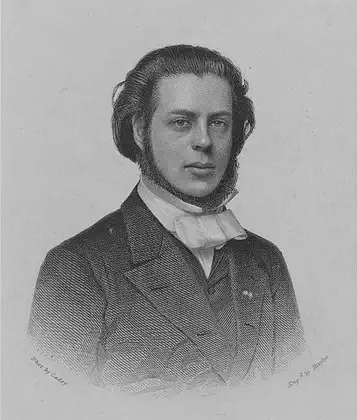
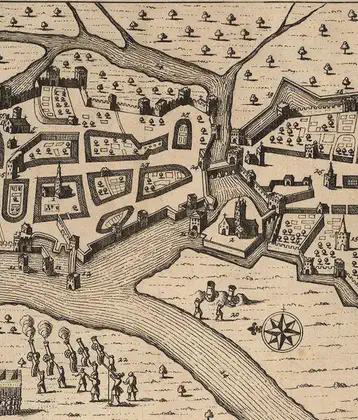

Battle of Dalry, Robert I, attacked and defeated John MacDougall of Lorne, kinsman of John Comyn.
August 11, 1306